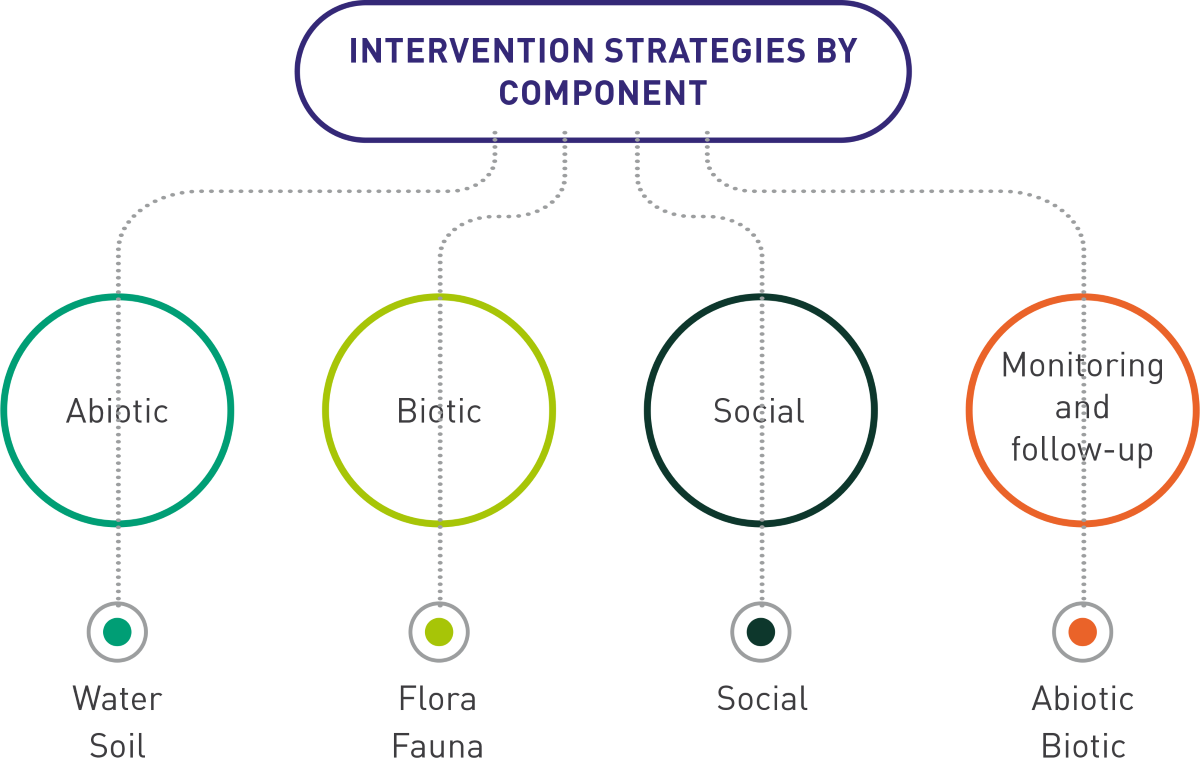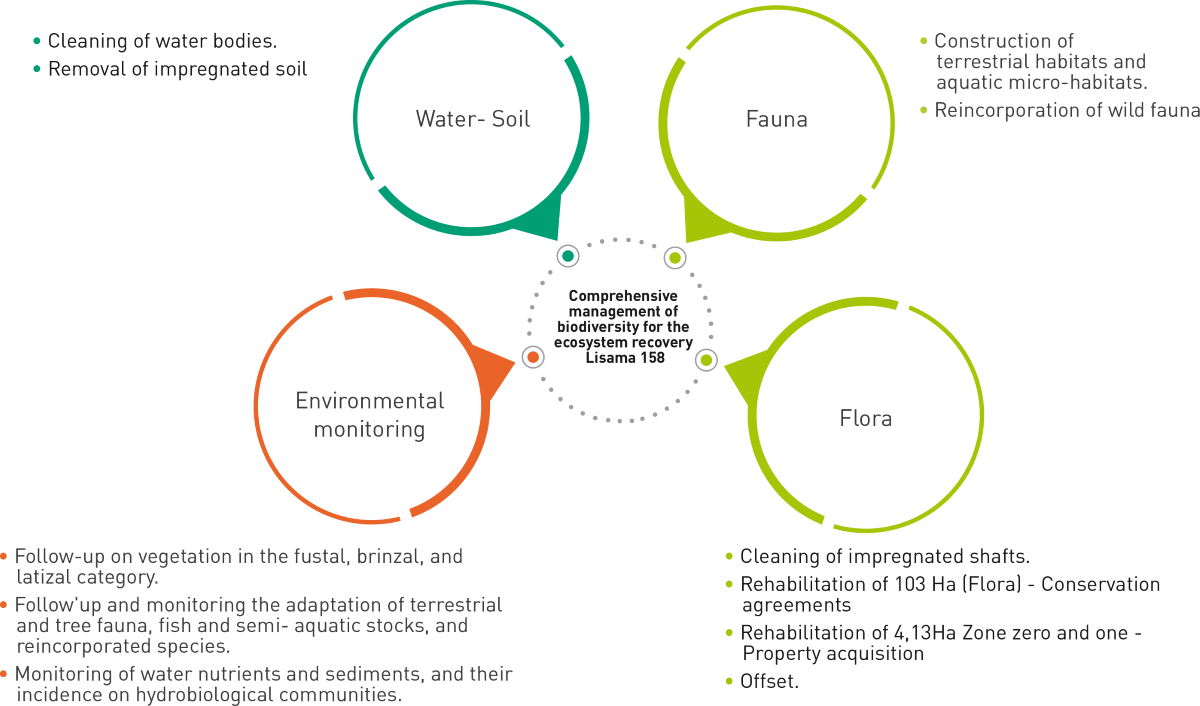Relevant Corporate Responsibility Issues
Human Rights due diligence
applied to particular cases
Lisama 158 Contingency
Progress on environmental recovery
Ecopetrol S.A. continues to execute the environmental recovery activities established due to the contingency in the Lisama 158 well in March 2018, by deploying the actions described in the Environmental Recovery Plan (PRA, for its Spanish acronym). This plan incorporated the management measures set forth in the Comprehensive Environmental Management Plan for the Seas, the recommendations made by the Alexander von Humboldt Institute (IAvH), the guidelines generated by the UN, and the advice of partner expert consultants, as well as the company Geotecnologia, and Universidad Industrial de Santander – UIS.
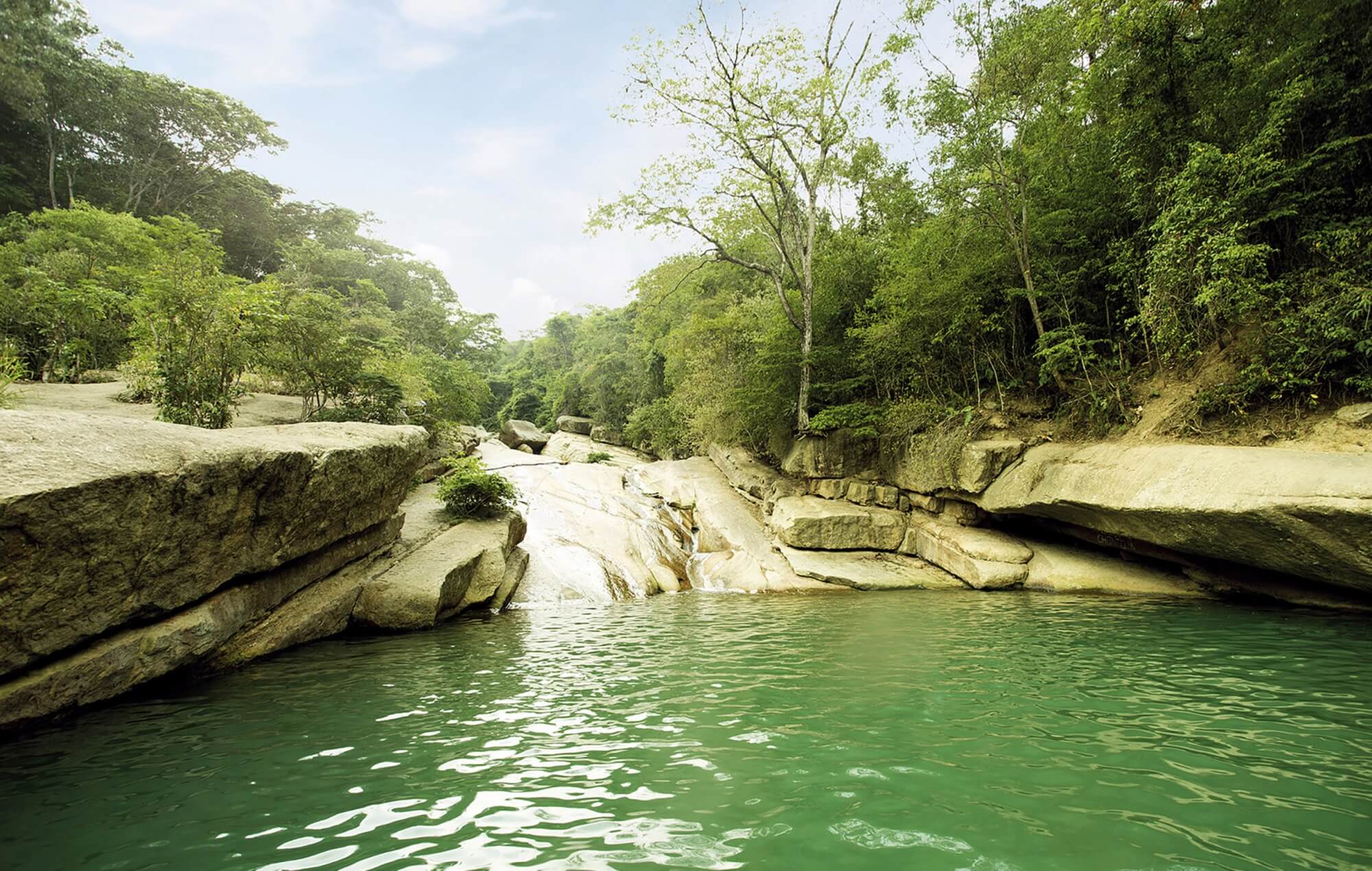
Environmental Recovery Plan (PRA)
Comprehensive management of biodiversity for the ecosystem recovery
Relevant advances in the PRA
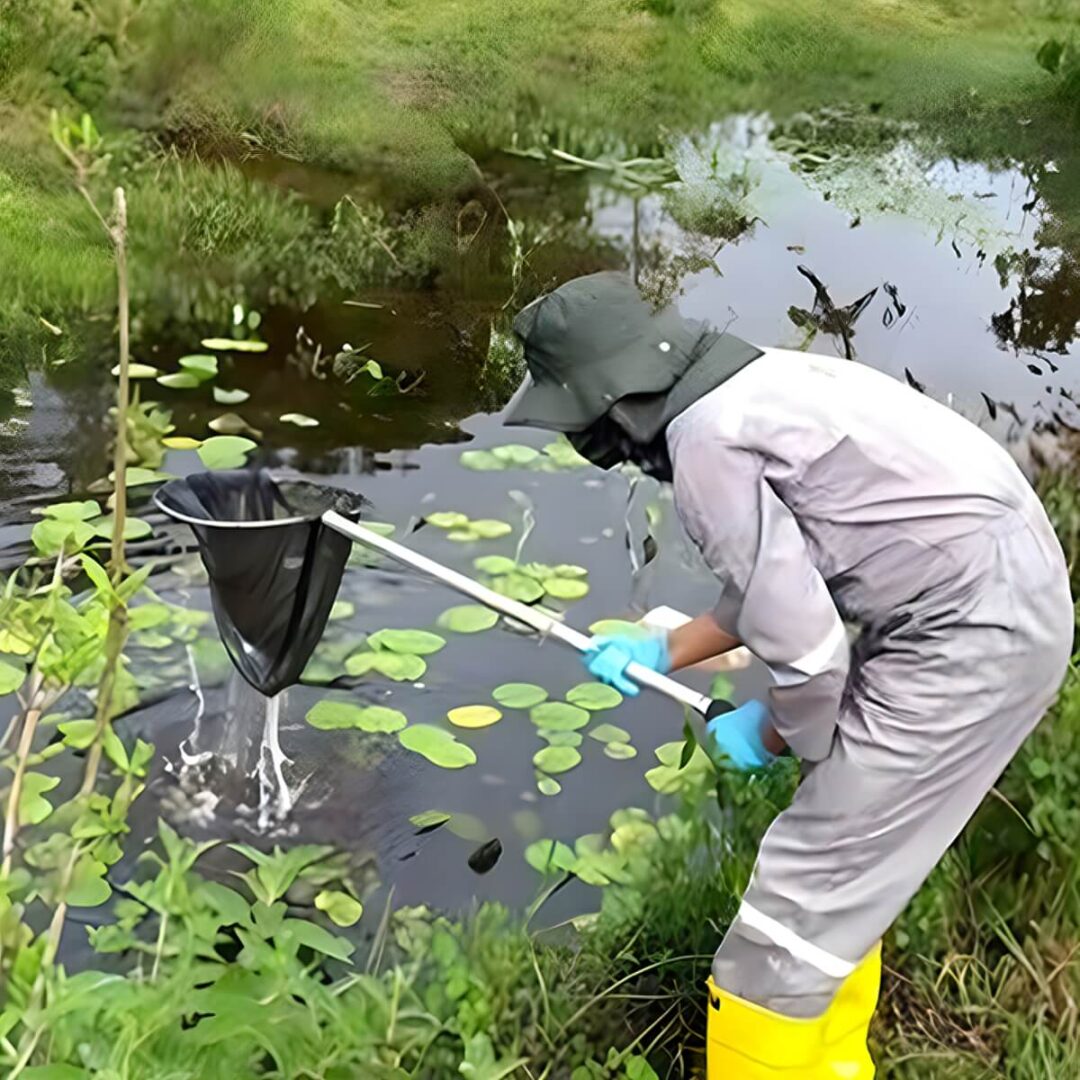
Water Resource
The results allow us to conclude that the water bodies of the Lisama gorge and Caño La Muerte report normal concentrations within the limits stipulated in Decree 1076 of 2015. The parameters slightly in excess are related to the influence of anthropic factors developed within and alongside the banks of the monitored water bodies, the discharges of domestic wastewater, the presence of solid waste, and other actions.
Flora
Based on the results of the nine (9) vegetation monitoring activities conducted in the Shaft category and the verification by expert forest pathologists and dendrologists, Ecopetrol S.A. observes that these specimens are growing and developing naturally.
The reincorporation actions in the PRA as an assisted process have been successful, and the predominant vegetation cover is offering better resources for the habitats of the species.
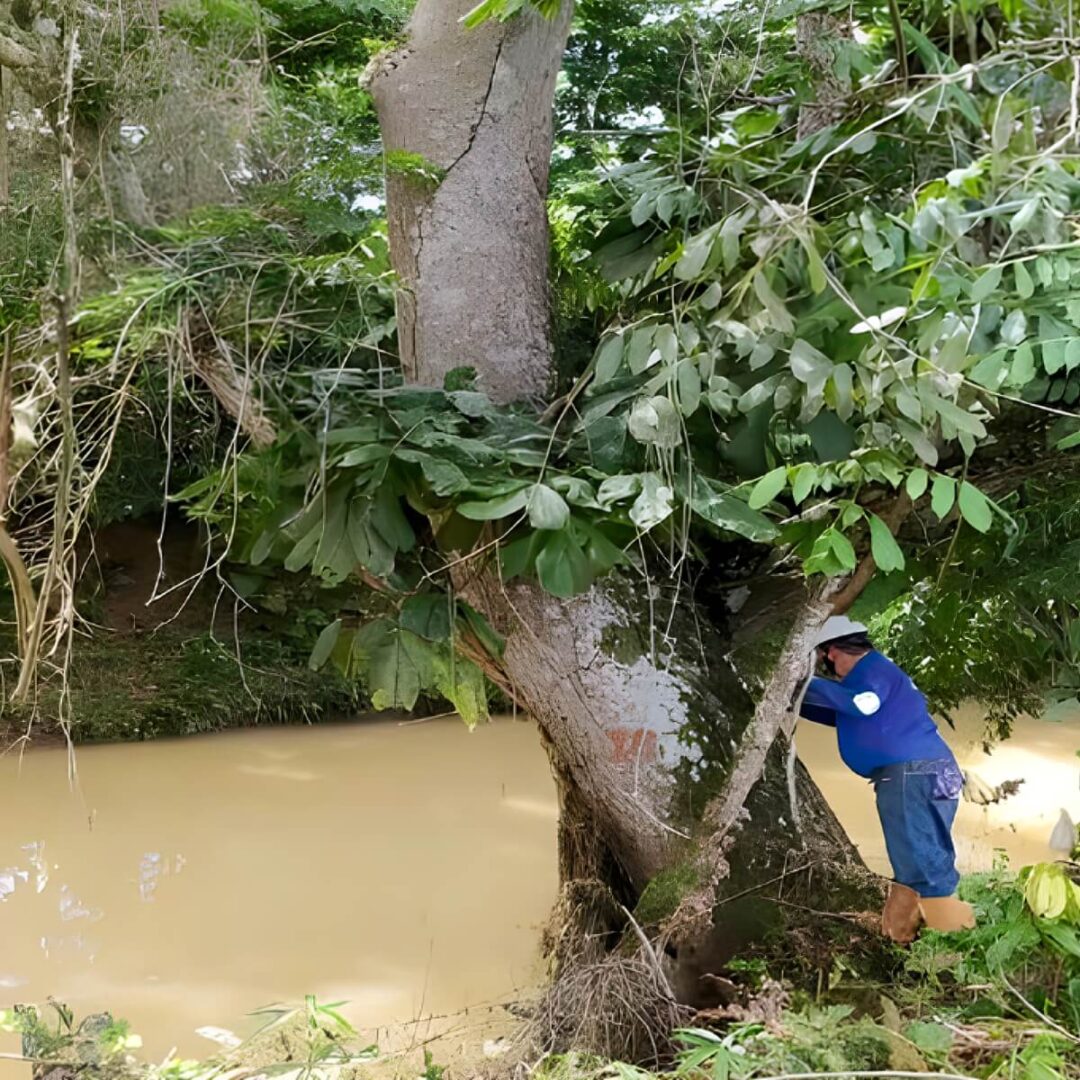
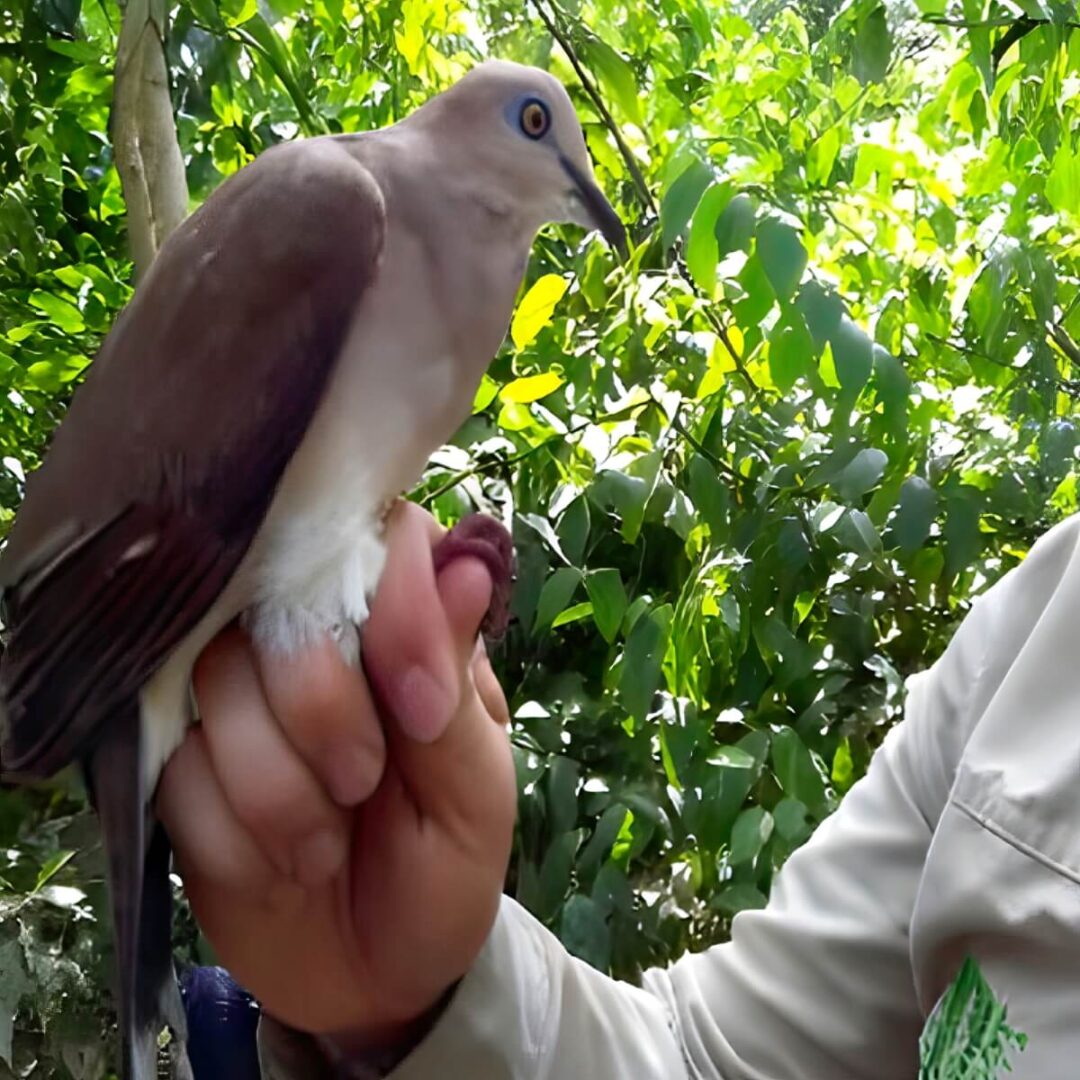
Wildlife
No evidence of deterioration was found during the execution of the first two sampling campaigns associated with the Biodiversity Monitoring Program, but on the contrary, there was evidence of an environmental recovery process, at site-scale, for indicators related to the structure of the vegetation and a stable environment, at landscape-scale, especially for indicators related to the composition of the fish community.
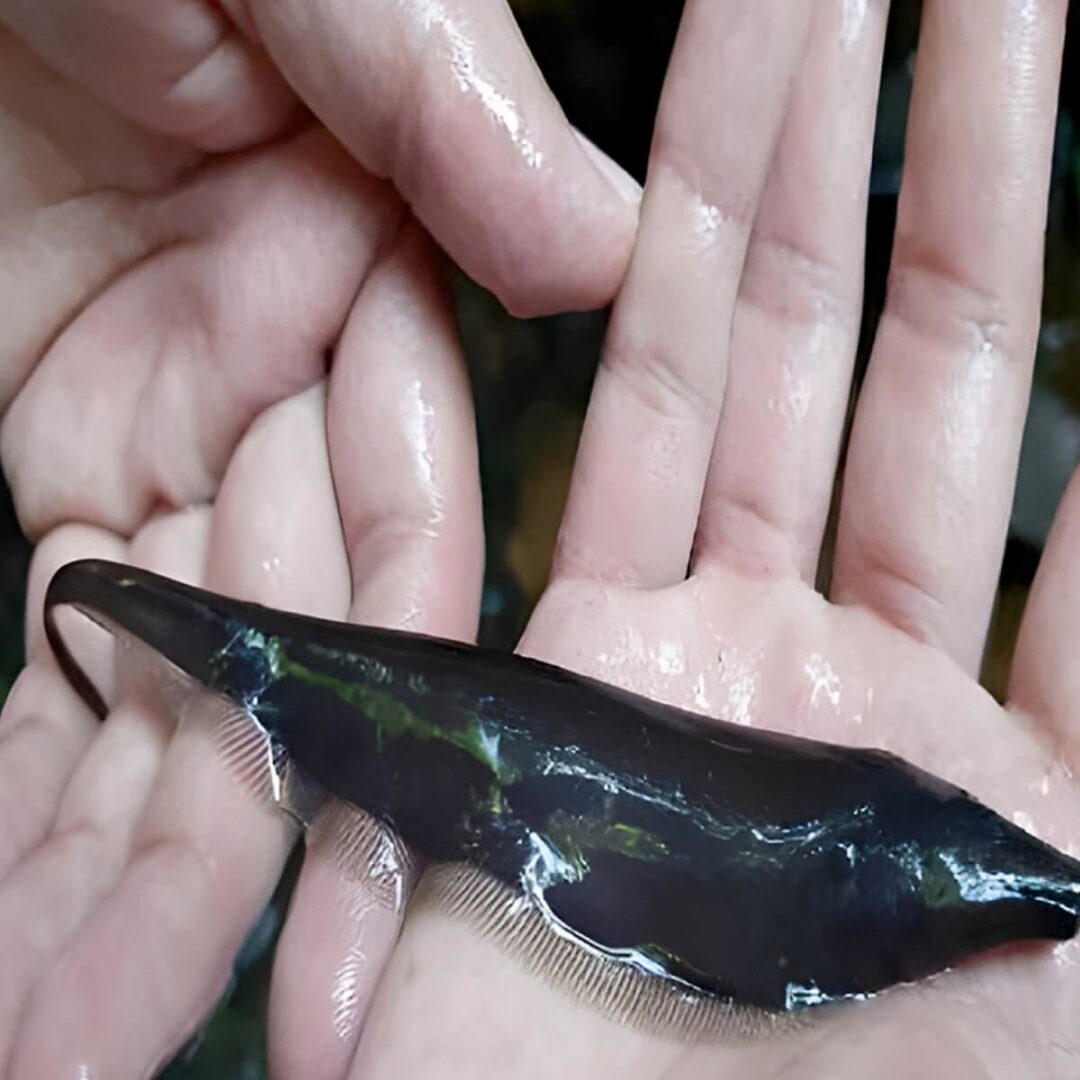

2,000
people
Dialogue with the
U'wa People (Colombia)
more than 7,500 people.
On the other hand, health workdays were held in the Catatumbo Region, with the support of Fundación Operación Sonrisa and Profamilia, benefiting 3,500 children and mothers from the U'wa Indigenous community.
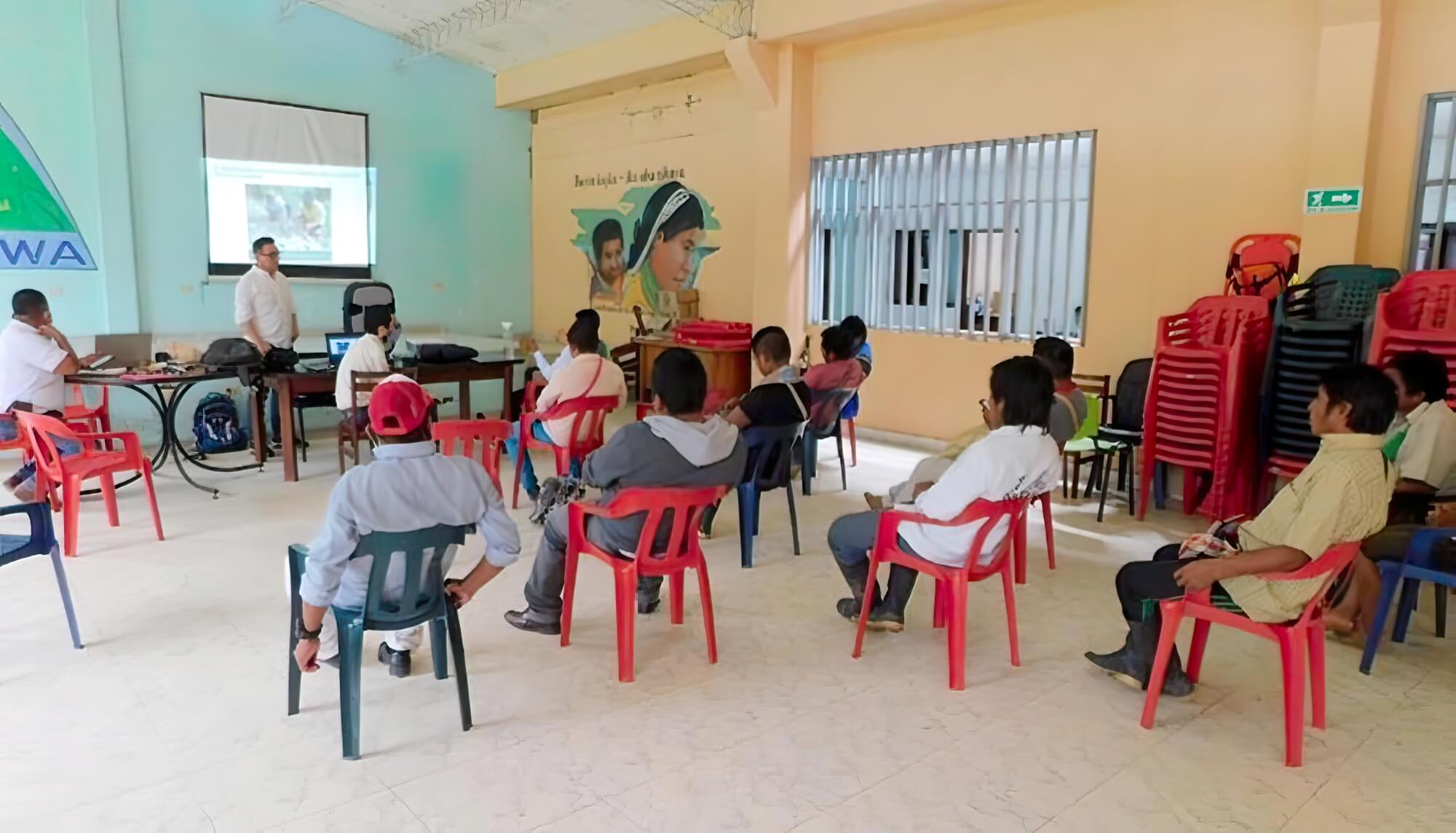
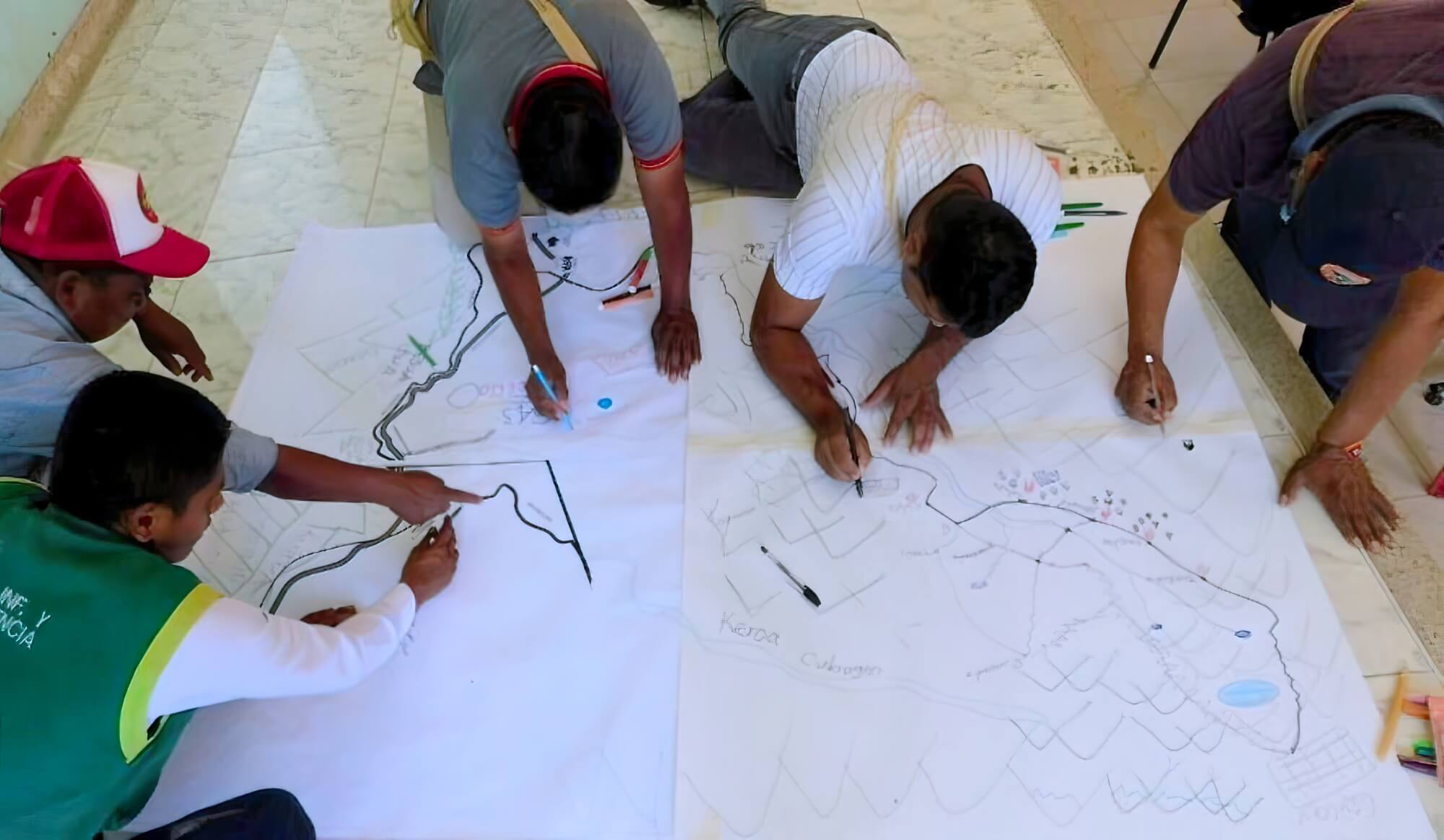
Temporary discharge
suspension in the
Guayuriba River (Colombia)
46. Otorgado por Cormacarena, mediante la Resolución 0904 de 2007 y prorrogado a través de la Resolución PS.GJ.1.2.6.1012 de 5 de agosto de 2016, por cinco (5) años.
46. Granted by Cormacarena, by means of Resolution 0904 of 2007, and extended for 5 years via Resolution PS.GJ.1.2.6.1012 of August 5, 2016.
47. By means of which CORMACARENA raised the following requirements, among others:
a) Total removal of material with hydrocarbon remnants or residues from treated industrial discharge from the riverbed or rocky material from the bottom of the watercourse.
b) Conduct physicochemical monitoring on the valve points of km22 of the discharge transfer line from the Akacías Station to the Guayuriba River.
c) Submit a detailed report on the activation of the Risk Management Plan for Discharge Management (PGRMV, for its Spanish acronym), as well as its contingency plan (PDC), to contain the iridescence and hydrocarbon remnants on the rocky material of the riverbed in the discharge strip.
48. Action of removing sediment deposits from the water source at the point of discharge.
Submitting the Report
to the Truth Commission
- Providing timely response to information requests;
- Participating in different public forums such as the Dialogues for Non-Repetition and the meetings on “Dialogues, Business, and Truth;”
- Entering into inter-administrative cooperation agreements to assign a company official responsible for fulfilling the objectives and duties of the CEV, among others.
Cartagena
Refinery Case – Reficar
(i)
(ii)
(iii)
(iv)
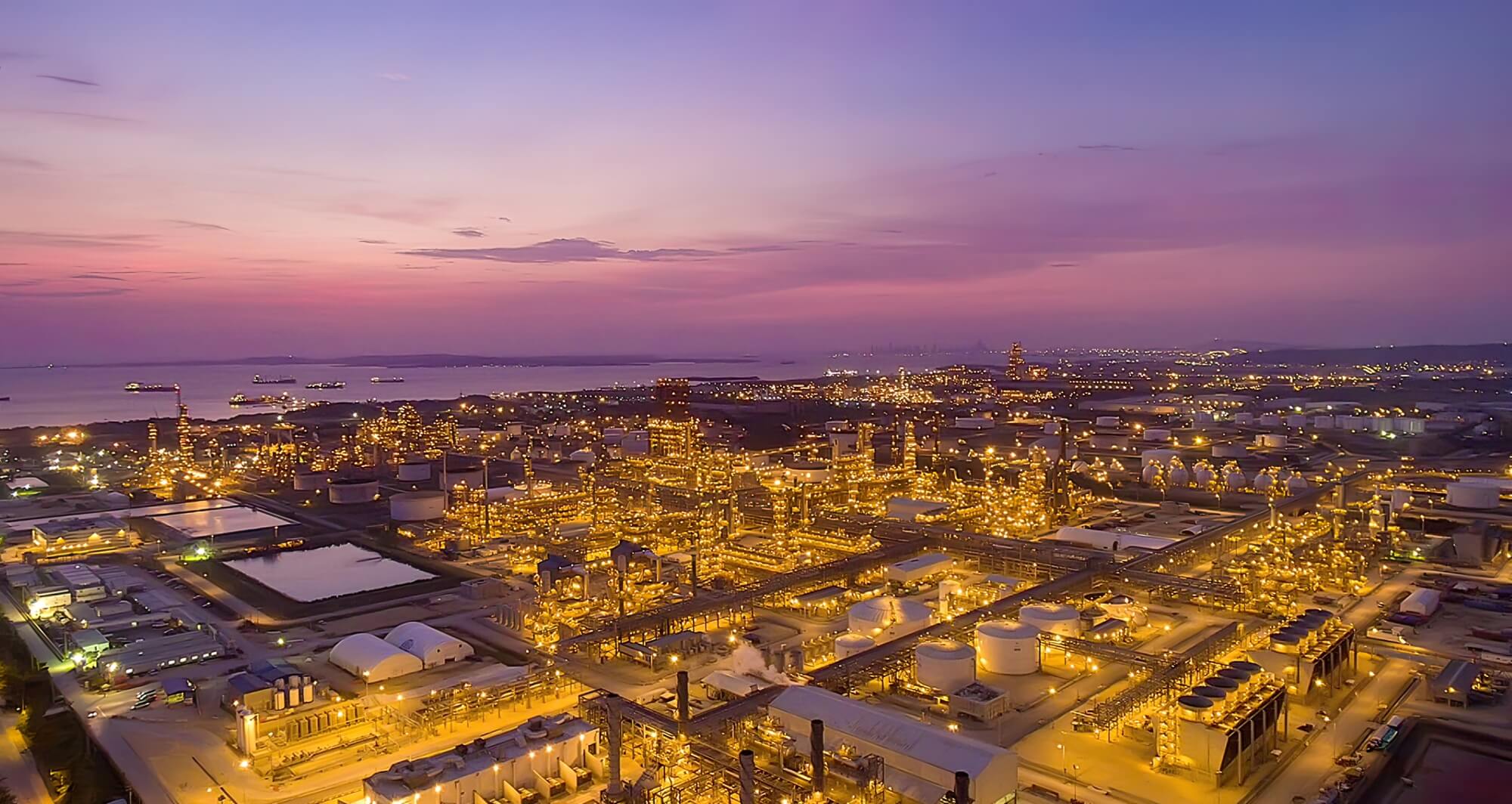
49. Change control is a procedure at the Ecopetrol Business Group to modify the budget and estimated schedules of a Project, prior to execution. It is a systematic process to manage the changes arising during project execution to evaluate their impact, make decisions, control deviations in scope, time, cost, and quality, and identify the causes that generate said changes, which can be incorporated as lessons learned and practices for continuous improvement, prior to execution. Change Control Procedure in Projects Code ECP-DPY-P-003 dated 10/31/2013.
50. The investigations shelved by the Attorney General’s Office in relation to the expansion and modernization project of the Cartagena refinery are the following:
i) IUS 2012-332368 IUC-D-2012-792-548377,
ii) IUS 2012-332368 D- 2016-139-836519 y
iii) IUS 2012-332368 D-2017-948630.
51. The criminal proceedings underway are: i) Proceeding No. 110016000101201600023 – MOA – PIP and EPC, ii) Proceeding No. 110016000101201800132 – Business Line, and iii) Proceeding No. 110016000101201800134 – Signing of the PMC Contract – Foster Wheeler.

